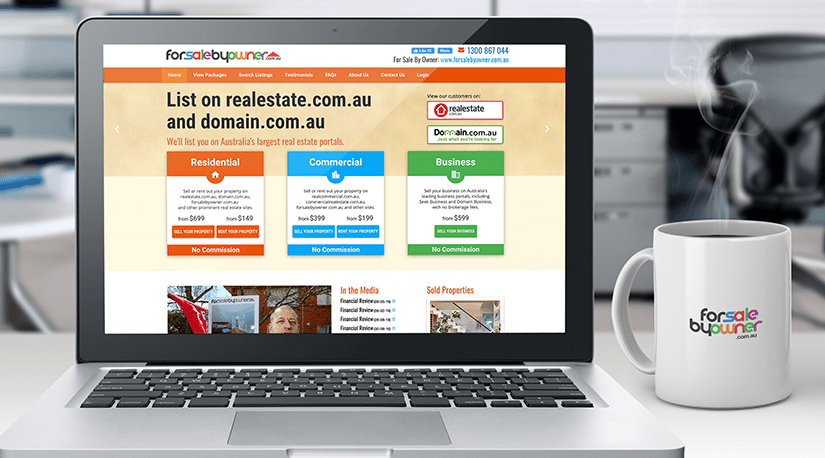
#Sell my business professional#
Take the time to work with a financial professional and determine how you want to invest or otherwise use the money. Once a good buyer is found, there are a series of financial screenings and other steps that need to be taken to keep the process moving.
#Sell my business plus#
The proceeds are then distributed to shareholders, who would pay a dividend tax of at least 15% plus any state income taxes on the distribution. This would result in federal and (if applicable) state income tax that could reduce the net proceeds of the sale to approximately $7 million at the company level. For example, if assets are sold for $10 million (with a cost basis of $100,000), the company would realize a $9.9 million capital gain. Business selling brokers take the stress out of finding a qualified buyer. In this case, it may be preferable to sell the stock of the company rather than its assets to avoid double taxation (at the corporate and shareholder level). Choose a top business broker at NJ Broker Plus to help you sell your company.

If you operate your business through a C Corporation, things get more complicated. In a pass-through structure (LLC, partnership, S Corporations), the seller generally won’t incur any additional taxes by characterizing the sale as one of assets rather than the company’s stock. “Buyers usually want to purchase assets because that offers them significant tax advantages,” says John Heffernan, managing director of Business Owner Advisory Services from U.S. The second is to sell the assets of the company. The first is as the sale of company stock to an acquirer. The sale of a business can be classified in one of two ways. The structure of your business will influence the type of sale that’s more beneficial for the business owners. By contrast, tax implications with C Corporations can be more complex (see below). Although each Broker or Intermediary has his or her own style, PBBA members follow this general process of positioning your business for sale. Taxes are not assessed at the company level.

The first three listed above are considered pass-through entities, in which individual business owners pay taxes on the company’s profits and any profits generated from the sale of the business. The structure of the business has notable tax implications. Some states don’t have a state income tax and conducting your sales transaction while residing in those states has obvious advantages for the seller.Ģ. Using the example of the sale above with a capital gain of $9.9 million, the net proceeds to the seller after federal and state taxes would be $6.6 million. For example, residents of California could be liable for a tax of 13.3% on the capital gain. State income tax is also a consideration. A federal capital gains tax of 20% would apply, reducing the net proceeds from the sale to just over $8 million. As an example, if you started your business 20 years ago with an investment of $100,000 and sell it today for $10 million, your long-term capital gain is $9.9 million (the selling price minus your original cost basis). The sale of a business usually triggers a long-term capital gain for the seller and federal capital gains taxes will apply. Here are six questions that can help you determine the tax impact of your sale.ġ. Without proper planning, there’s a risk of mishandling the transaction that can be detrimental when it comes to taxes. Find a financial advisor or wealth specialist.


 0 kommentar(er)
0 kommentar(er)
